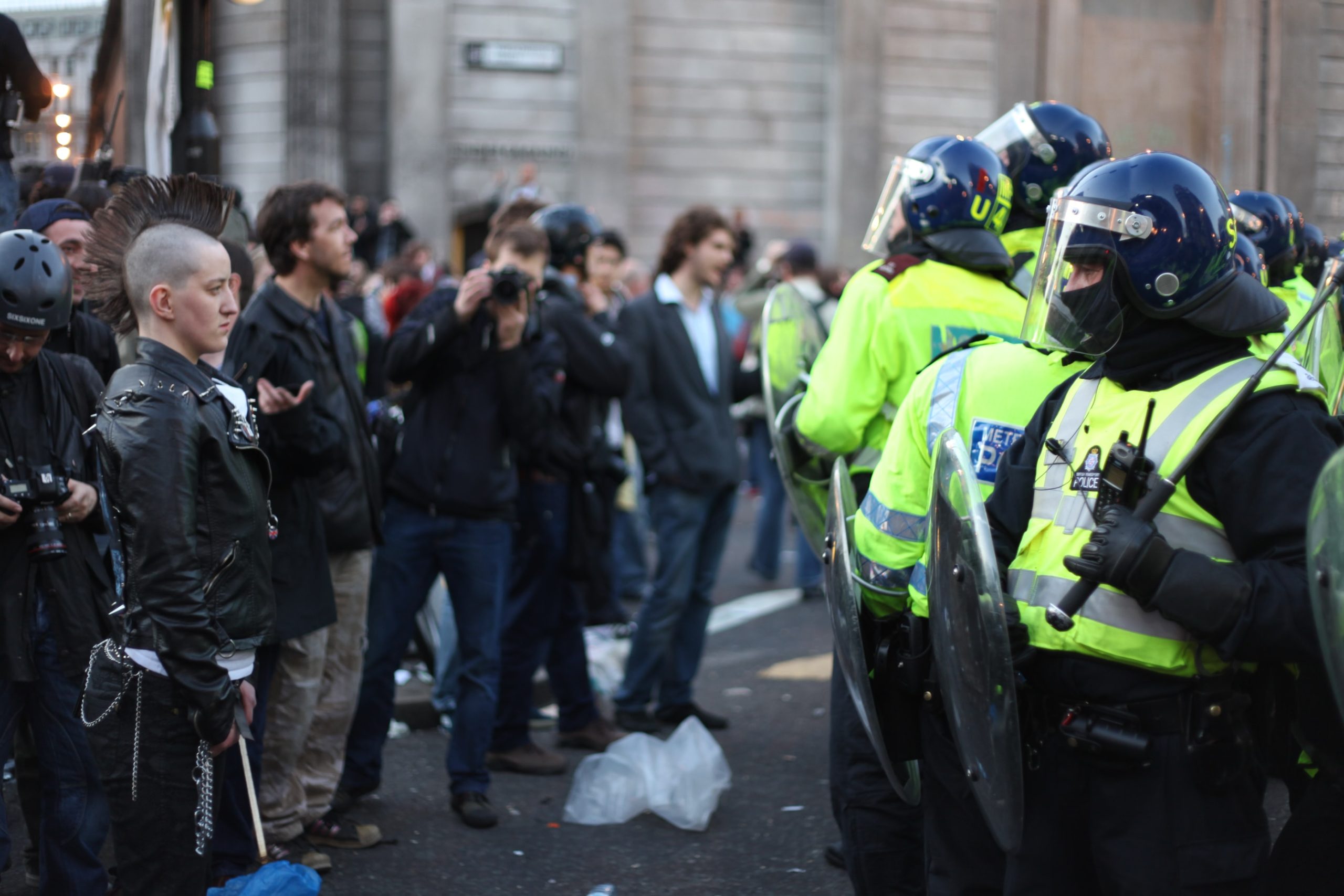God Save the King (From Protesters)!

Last weekend, we witnessed a rather unique historic event: The coronation of Charles III, King of the United Kingdom and 14 other Commonwealth realms. The ceremony was characterized by extravagant displays of tradition, religion, and wealth. Desiring to be a modern monarch, Charles abandoned some of the customs that have had a place in the ceremony for centuries, mostly in the name of sustainability. He, for example, wore the robe that was also worn by his grandfather, George VI, during his coronation, while Queen Camilla opted for a ‘vintage’ crown – the custom being that brand new robes and crowns are made for the service. Another break from tradition was the presence of republican protesters at the coronation. Although the authorities left some room for demonstrations, the BBC reported dozens of arrested protesters, most of them peaceful, as it seems.
The controversy surrounding these arrests followed the passage of a new ‘Public Order Act’, which came into force only three days before the coronation on Saturday. The new law grants more power to the police, such as the power to preventively search protesters, and provides tougher sentences to protesters who block major infrastructure. While this might not seem problematic by and of itself, the act is emblematic of the UK Government’s animosity to maintaining important civic freedoms, such as the right to protest.
One year earlier, in 2022, the ‘Police, Crime, Sentencing and Court Act’ was passed, which was even more intrusive and detrimental to the right to protest. While this is a very broad law targeting many issues, the bill was heavily criticized for de facto infringing on public assembly. Some provisions empower the police to ban or impose conditions on protests in advance of it actually taking place and with a lower threshold for justification to do so. The act is filled with limitations like these, that do not literally ban protests, but do restrict the possibility to protest, and ultimately, them being successful. A scenario is thinkable, where critical voices are drowned out and largely absent from the streets, all in the name of public order.
According to the Conservative government, the bills are intended ‘to better balance the right to protest peacefully with the rights of the general public to go about their daily lives free from serious disruption or harm.’ To achieve this end, the police get more powerful and some actions related to protesting will receive much higher sentences than before. But does the end justify these means?
The younger law of the two seems explicitly addressed to climate groups, like Extinction Rebellion, Insulate Britain and Just Stop Oil, who have employed tactics, in the past years, that will now be prohibited. These organizations are known for their ‘disruptive’ ways of protesting, which includes blocking highways and other major roads, for example by locking onto objects or other people. Admitting that these actions can be dangerous and that perhaps, some measures are in order to counter this, it is clear that not only these forms of protest will be disturbed by the two laws.
The kingdom that is so well known for its democracy, famously called ‘the mother of parliaments’, seems to be now in a struggle for its own democracy. Certainly, there would still be a long way to go for the UK to become authoritarian but the fact that the Conservative government is willing to curb these freedoms is worrying. Concurrently, the Labour leadership has not (yet) declared that they would scrap the law in a scenario where they would take over after the next elections. In fact, the Labour shadow foreign secretary David Lammy, implied that repealing these laws would not be the priority of a Labour government.
The joyous coronation of King Charles III has been stained by the arrest of seemingly peaceful protesters. These arrests should not only alarm those who demonstrated against the monarchy, this Saturday in London, but also the thousands of people that happily celebrated their new king.



